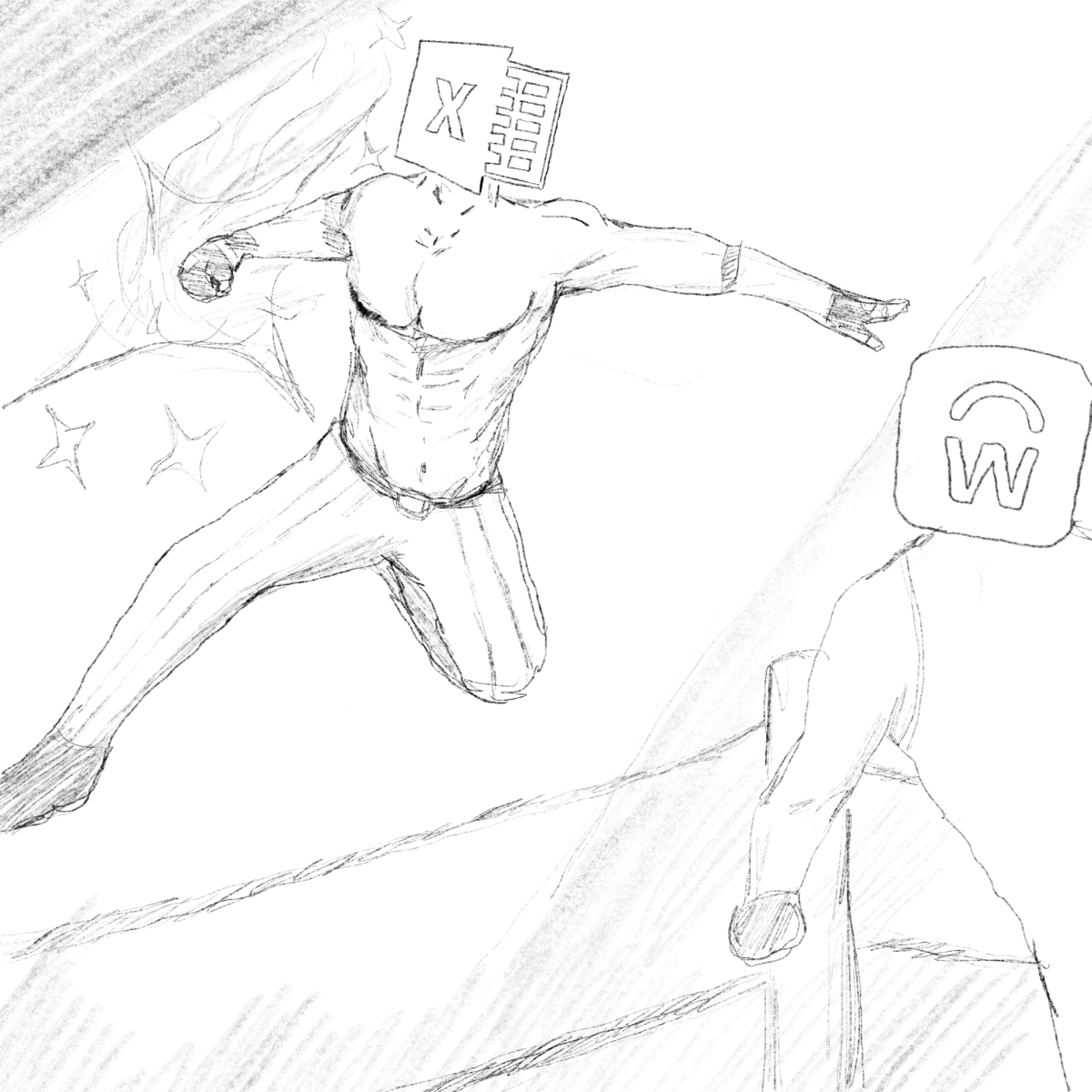Robin B. Wright, an American foreign affairs analyst and author of the book “Rock the Casbah: Rage and Rebellion Across the Islamic World,” presented the Maverick Lecture at 7:30 p.m. on Thursday, April 19, in Laurie Auditorium.
Wright, who has been awarded the U.N. Correspondents Association Gold Medal for analysis and coverage of international affairs, has reported from more than 140 countries covering numerous wars and revolutions. She joked that she has a knack for arriving at places right before problems arise.
“I have been so good at landing just as crises erupt that my father once said he didn’t dare go to Bermuda on vacation with me because there would be a coup d’état,” Wright said.
During her lecture, Wright gave a few reasons why there has been such turmoil in the Middle East recently.
“The uprisings erupted for several reasons. The first is the fact that the Middle East has the world’s largest, proportionally, baby boom. In most countries, politics is now a numbers game. Two-thirds of the region, 300 million people, is under the age of 30. The second reason is that this is also the first generation where the majority is literate. That opens up a whole new world of opportunities right there. The third reason is that people have now developed a real voice, and they are willing to use it bluntly, whether through the old media like graffiti or the new media,” Wright said.
As an experienced journalist, what stands out most for Wright in the Middle East are the methods of the uprisings of the people and the way their governments respond to those uprisings.
“After covering six Middle East wars, what is most striking to me about what is happening in vastly diverse political systems, be they military dictatorships or monarchies, is that the overwhelming attempt to introduce change was initiated in the world’s most volatile region through peaceful civil disobedience, even in the face of governments using live ammunition. What’s also stunning is the desperation of governments in openly bloodying its people,” Wright said.
Wright explained that there have been seven trends that have defined the period of turbulence in the Middle East. The first trend is what Wright calls “the big chill,” which is essentially fallout of extremist support in Islamic countries. The second trend Wright described is the new martyrdom. The new martyrdom uses the deaths of innocent people to shame their government and bring notice of the tragedy to the world. Another trend in the Middle East is the culture of change. The culture of change uses outlets such as rap and hip-hop to peacefully spread messages of protest against government actions.
The status of women is another important trend. Women in the Middle East have started to brave big odds in a male-dominated society to voice their opinions and concerns.
Wright’s next trend was about the emergence of new role models, specifically in the form of comic book characters. New Muslim comedy is a trend that makes fun of dictators and extremists. Wright highlighted a couple of comedians that fall under this trend, including Maz Jobrani, an Iranian-born American comedian who performed at Trinity University last semester.
Wright’s last trend focused on the new Muslim theater, which seeks to bridge the gap between the West and the Islamic world.
According to Wright, all of the uprisings in the Middle East have a common theme of a rejection of militancy and the use of violence, which she calls counter-jihad. Through new media such as Facebook and Twitter, Wright sees the culture of the Middle East evolving towards a reformative change.
The Maverick Lecture is underwritten by the William and Salomé Scanlan Foundation.







